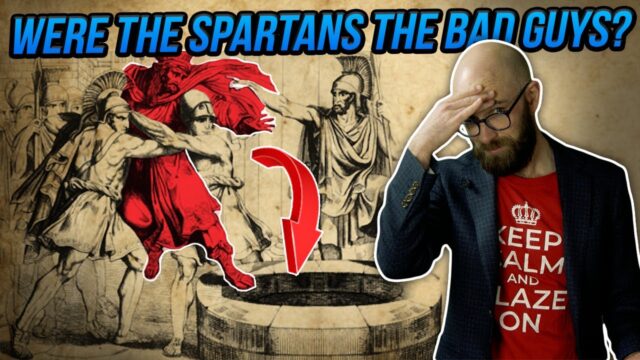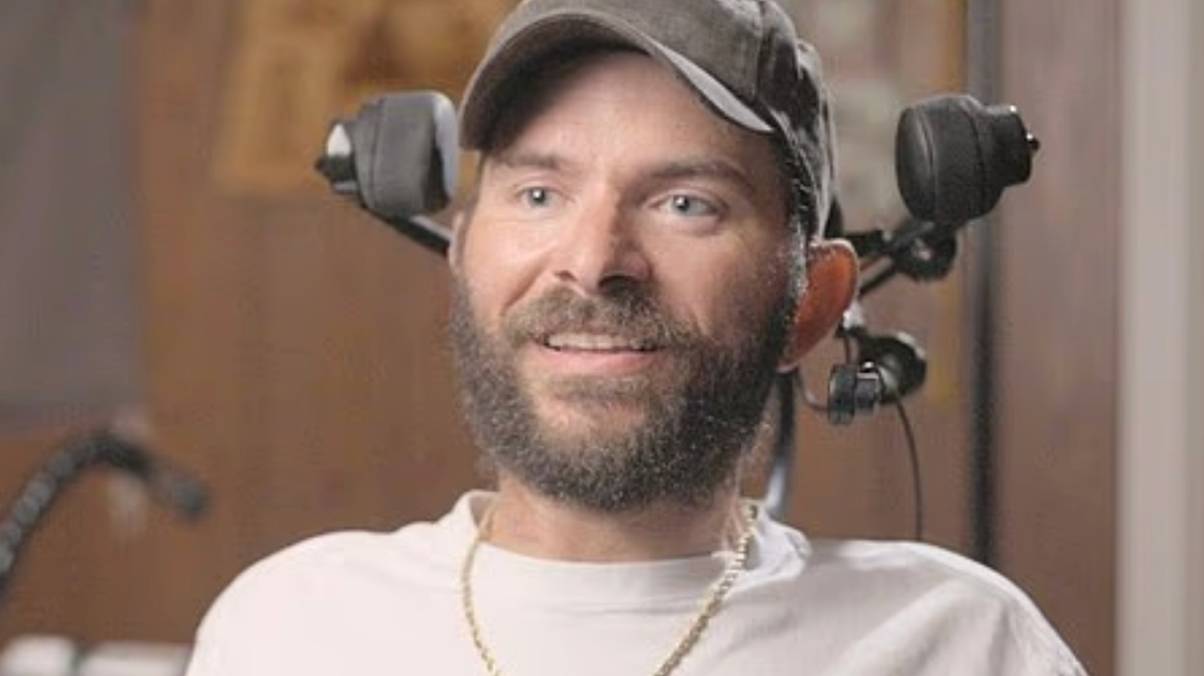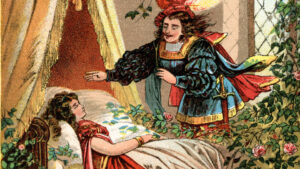“Beyond Glory and Guts: Unveiling the Untold Secrets of the Spartan 300”
Unsurprisingly from this, the Helots occasionally revolted against the Spartiates, which presumably didn’t exactly improve their treatment, and notably also kept the Spartiates suspicious of them. On top of this, most other Greeks found the Spartans’ mistreatment of the Helots extremely troubling, and the Spartans feared outside intervention into their affairs by other Greeks on behalf of the mistreated Helots.
However, given the Spartans were the good guys in the movie 300, it is perhaps unsurprising that one major difference between the movie 300 and real life is that the movie does not portray the Helots and Dwellers-Around. Who, by the way, not only also bled and died at Thermopylae, but vastly outnumbered the 300 Spartans in the battle of Thermopylae. Naturally, their inclusion would have made the movie’s portrayal of Sparta much more complicated, especially having to explain why these groups do not enjoy the freedom and liberty of the Spartiates despite the fact that they were forced to die for it.
Speaking of maybe not so much being the good guys by our modern perspectives, it’s also noteworthy that during this era of Greek history, the Spartans kept up good relations with democratically organized aristocratic regimes across the city-states. Despite our modern understanding of democracy standing for liberty and freedom, Greek democracy was almost always controlled and meant for the aristocratic families. These families jealously guarded democratic participation from even wealthy common citizens. That said, as alluded to, these regimes were occasionally challenged by Tyrants, who sometimes overthrew them and took power. Tyrants, again as mentioned, often returned power to ordinary residents of the city-state away from the aristocrats, sometimes even advocating for democratic reform to broaden enfranchisement.












